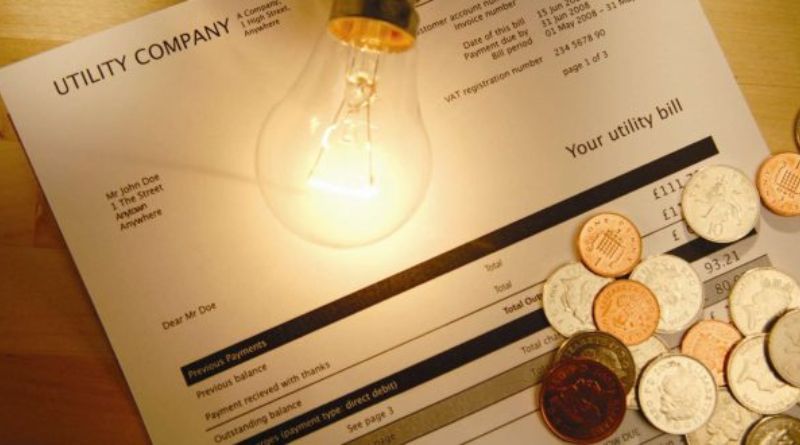Energy bills: Big energy suppliers make small changes to bills
Many households will see a slight increase in charges this month for gas and electricity as suppliers have been allowed to update their prices.
The BBC was informed by major energy suppliers that their unit prices may alter starting on January 1.
However, the changes are probably only going to add pennies and not pounds to most bills
The maximum rates suppliers can charge per unit are increasing, but the government claims that the average annual pay for a household would remain at £2,500.
Many customers have expressed concern after learning of a price rise, as prices have already climbed significantly and many people already find it challenging to understand bills.
Beginning in January, the modifications will apply to Britain’s 14 energy “regions,” allowing suppliers to raise their gas and electricity prices to the new ceilings.
Also Read : How to Injectserver.Com App Download for IOS, Android Users in 2023
How are energy prices set?
Due to the government’s Energy Price Guarantee, the typical customer on a normal variable tariff pays 34p for electricity and 10.3p for gas per kilowatt hour (kWh). A household using ordinary energy usage will pay £2,500 per year at those prices.
The rates, however, are merely averages. Depending on which of Britain’s 12 areas you reside in and whether you pay your bills by direct debit, a regular bill, or a prepayment meter, there are various charges.
Companies are now permitted to make minor pricing adjustments for nearly every customer after the government amended the Energy Price Guarantee rates on January 1.
Read Also : Top Traits to Look in When You Hire Offshore Developers
How much are bills changing?
Customers are advised not to freak out if they receive an email indicating a new price because most of the changes only amount to a few pence. While most people will only be making minor adjustments, there are differences across Britain.
Customers who pay their energy bills on a monthly or quarterly basis will see the biggest improvements. Both gas and electricity prices are rising in all 14 of the regions, with the highest changes occurring in North Wales, Merseyside, and London, where power prices are rising by more than 1p per kWh.
With a rate of 38.26p per kWh, which is more than 4p higher than the frequently cited average rate of 34p by the government, Merseyside will have the highest bills in all of Britain.
Merseyside and North Wales direct debit consumers will see their permitted power unit rate increase by 0.4p, whereas people in the northern region of the North East of England will see their permitted electricity unit price decrease by 0.4p.
For consumers who pay in advance, electricity rates have also been decreased in eight locations. However, Liverpool and North Wales once more saw the largest increase, with a 0.4p increase.
Which suppliers are making the changes?
The BBC has received confirmation from Scottish Power, Bulb, EDF, British Gas, and Shell that they will fully pass on the adjustments permitted by the government to customers.
Octopus stated that it would pass on cuts to customers but not increases. Except for “Economy 7” consumers, the corporation stated that it will absorb the hikes. Clients who are billed and paid by direct debit will see changes from EOn, but prepayment customers won’t see any rate increases.
Read Also: Tips to choose the Best iMovie For Windows
Aren’t prices supposed to be fixed until March?
Although the government guarantee exceeds the price cap established by the industry watchdog Ofgem, it still goes up in January. As a result, the government is responsible for compensating suppliers for the price increase.
According to a government official, some consumers are receiving alerts from their energy suppliers about price changes up or down as a result of Ofgem’s price cap altering on January 1. However, these changes will generally be minor.
The Energy Price Guarantee applies a fixed discount to tariffs and Ofgem’s price cap was set at various amounts for various regions based on the costs to supply energy, he continued, explaining why these minor variations persist.






